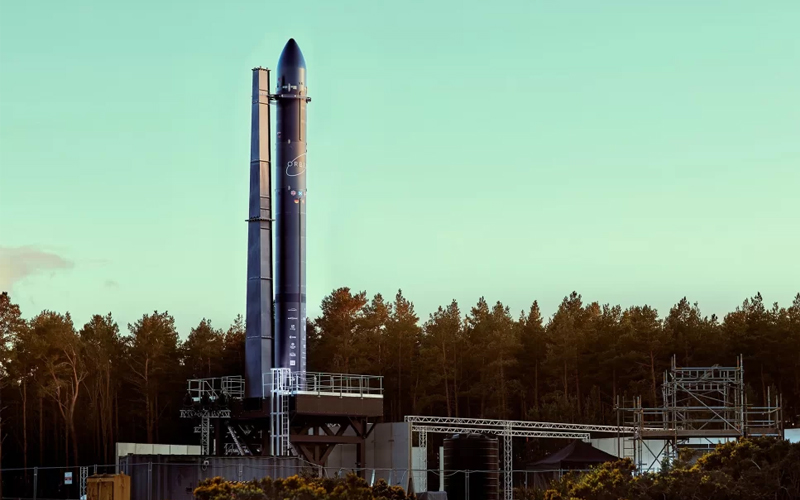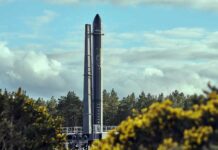
UK-based launch startup Orbex has announced the successful closing of a £40.4 million (approximately €46.5 million) Series C funding round.
According to Orbex, the new funding will be utilized to scale up its resources as the company prepares for the maiden flight of its two-stage Prime launch vehicle. It will also support future projects, the nature of which the company did not elaborate on.
The funding round was led by the Scottish National Investment Bank, which was created in 2020 to deliver economic, social, and environmental returns for Scotland through strategic investments in innovative companies and projects.
The round saw renewed commitment from existing investors BGF, Heartcore Captial, High-Tech Gründerfonds, and Octopus Ventures. Jacobs, The Danish Green Future Fund, Verve Ventures, and British entrepreneurs Phillip and James Chambers joined the round as new investors.
Over €100 million raised
With this latest round of funding secured, Orbex has become one of the most well-funded launch startups in Europe, only eclipsed by Germany’s Isar Aerospace.
In 2018, Orbex secured £30 million (approximately €34.5 million) in funding from the UK Space Agency and venture capital funds Sunstone Technology Ventures and High-Tech Gründerfonds among others.
In late 2020, Orbex announced that it has closed a $24 million (approximately €24.3 million) investment round, which was led by UK investment firm BGF and venture capital fund Octopus Ventures.
In March 2021, Orbex received €7.45 million from the ESA Boost! programme, which aims to foster sovereign commercial launch capabilities in Europe.
With the latest £40.4 million funding round, Orbex has raised just over €110 million. It should be noted, however, that this figure is not completely accurate as I have used current-day conversion rates for funding secured as many as four years ago. However, even allowing for a margin of error of as much as €10 million still puts Orbex over the €100 million raised mark.
Road to the launchpad
Prime is a two-stage rocket powered by a renewable biofuel developed by UK-based gas company Calor Gas. According to the company’s website, the Futuria Liquid Gas which will power Prime is created from waste, residues, and sustainably sourced materials. According to Orbex, the use of this biofuel allows the company to reduce the carbon footprint of Prime by up to 96 percent when compared to similarly sized launch vehicles.
The 19-metre Prime launch vehicle is designed to be capable of carrying 180 kg payloads to low Earth orbit. The rocket is also designed to be reusable, although Orbex has not released much detail regarding how the company plans to recover the vehicle following a launch.
Prime’s first stage features six currently unnamed LOX/BioLPG-powered additively manufactured rocket engines. The second stage is powered by a single vacuum-optimized version of the same LOX/BioLPG-powered engine. Both the first and second stage engines have several years of testing behind them, with the first hot fire tests taking place as far back as 2018.
Most recently, Orbex completed a full stacking of Prime earlier this year at the company’s testing facility in Kinloss, Scotland. The company is currently utilizing this fully-stacked prototype to perform integration tests, which include testing the main propellant tanks and engines. The Orbex team is also utilizing it to fine-tune launch procedures including rollout, strongback erection, and fuelling procedures.
The maiden launch of Prime is expected to take place in 2023 and will be launched from Space Hub Sutherland on the North coast of mainland Scotland. The launch will carry an experimental payload developed by Surrey Satellite Technology.




